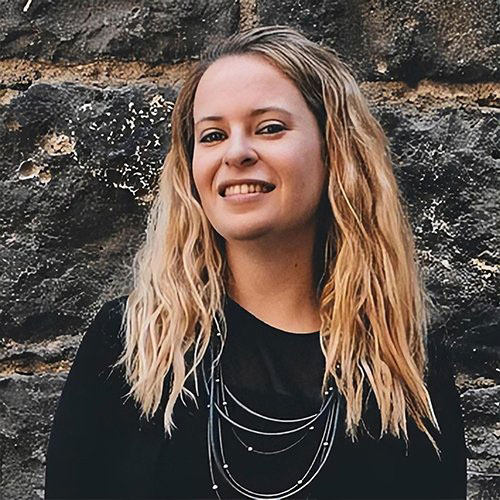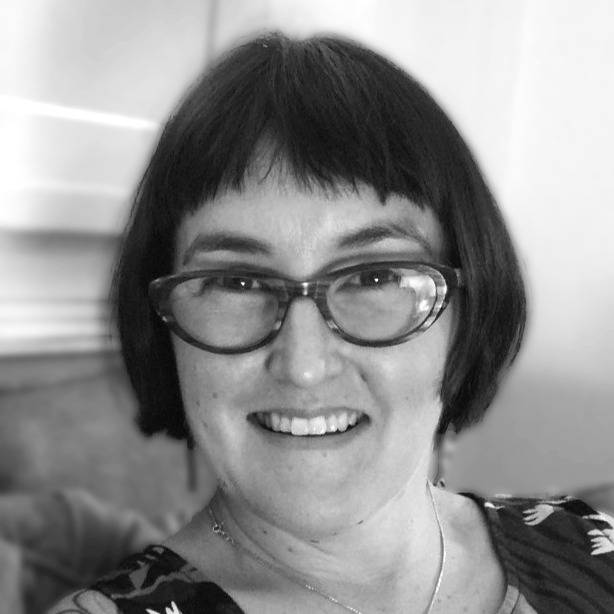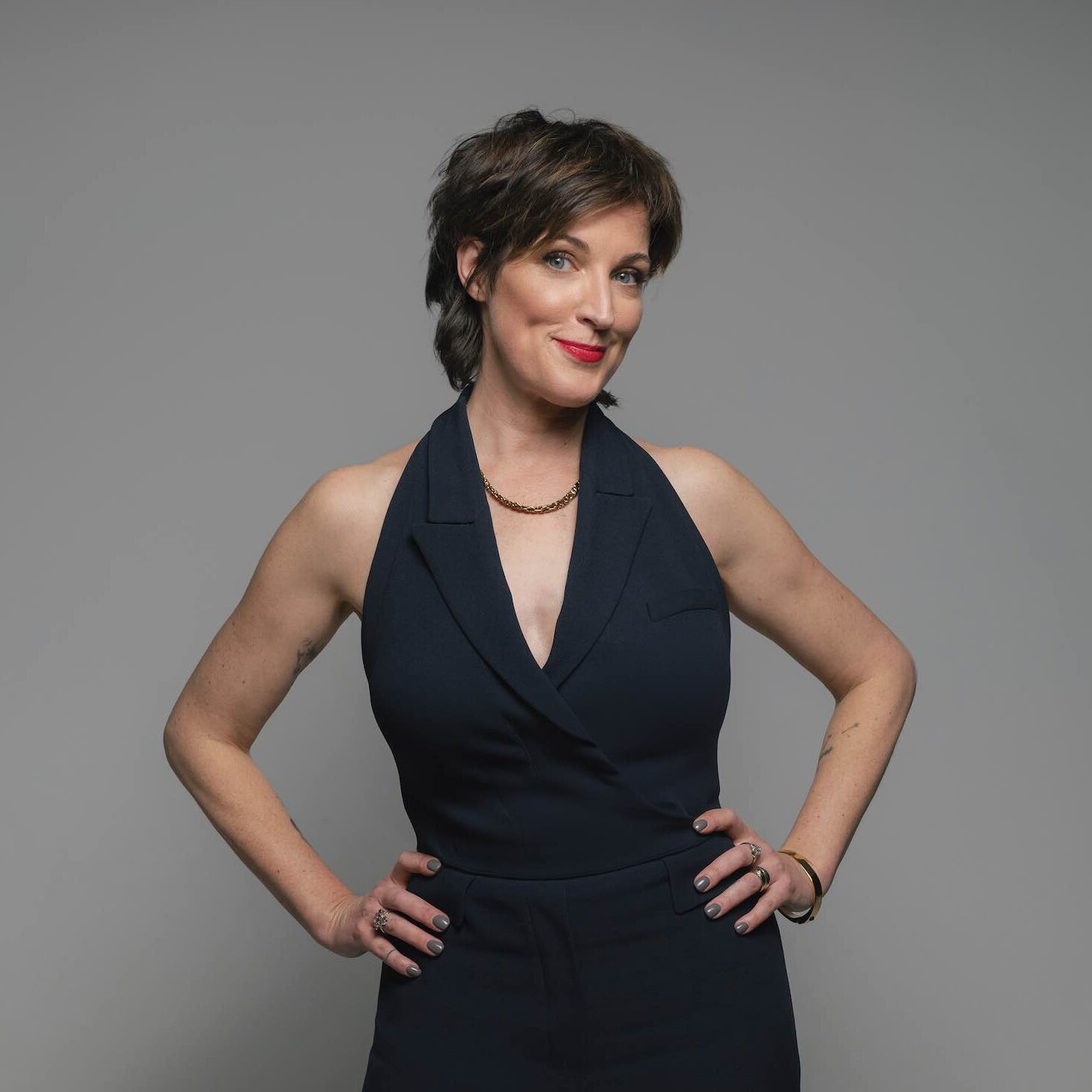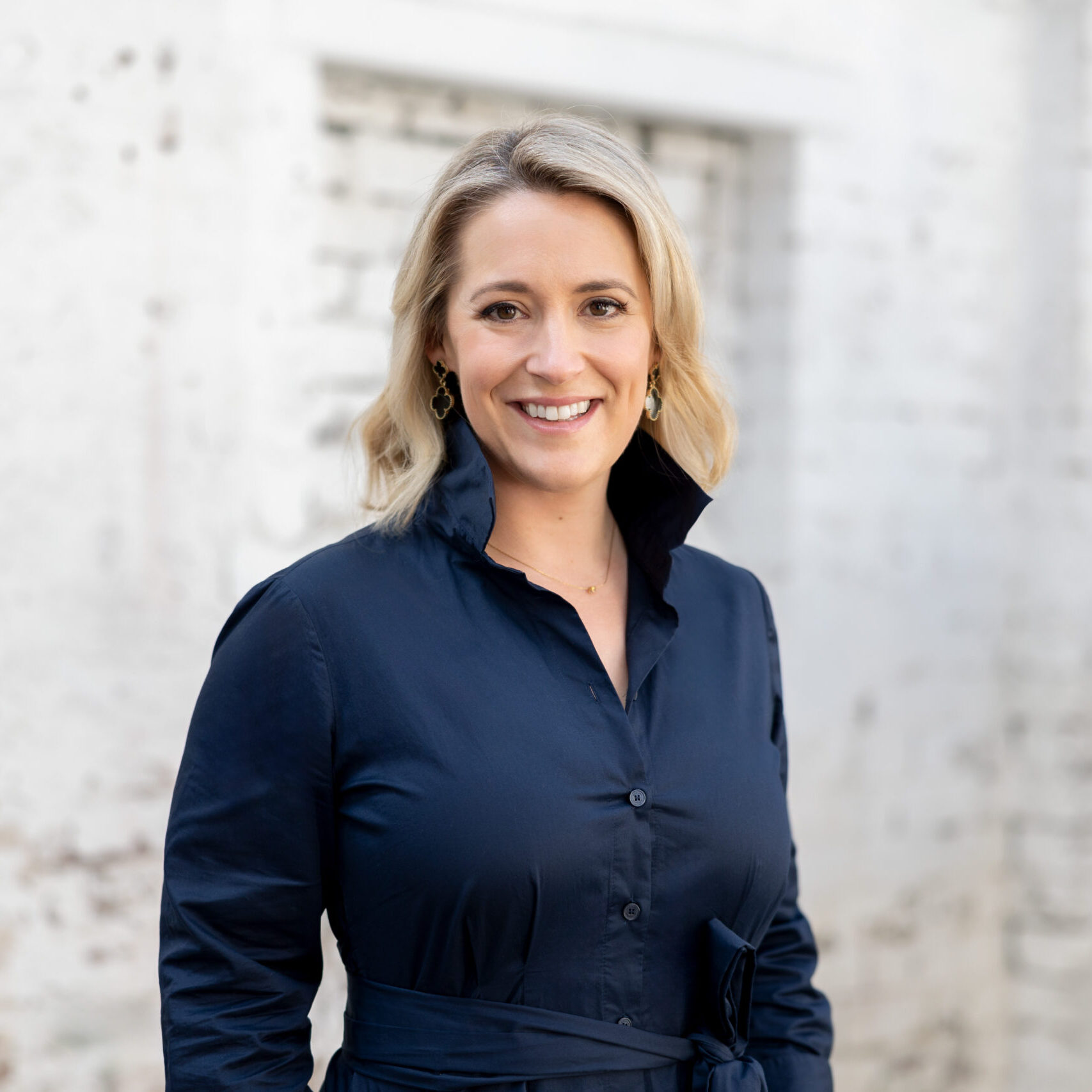
In Conversation with Carly Michael

Carly Michael has spent her whole life surrounded by photos having grown up in her family’s camera store – michaels camera video and digital. When Covid hit, the family decided to close the store so she took the opportunity to become a Professional Photo Organiser – something she had developed a passion for during her time managing the family’s photo lab. She now spends her days organising both physical and digital photos, helping people get back in control of their photo mess!
How did you get into the Photography industry and ultimately working in the digital data space. – was it by accident or design?
I was definitely born into this industry and as much as I resisted it, photography kept persisting. Every moment in my life was documented with photos and being a family business, the camera store and cameras in general were very much part of my daily life. Growing up I had a love/hate relationship with cameras and photography.
Many holidays I would go away camera-free just to have a break, but then when I did take a camera, I loved using it – and it turns out I took great photos too! So much so that after I finished my first degree and was at a loss for what to do next with my life my friends encouraged me to apply to study photography and I got into the BA program at RMIT. I majored in Documentary Photography and my final folio was exhibited numerous times, including at the Ballarat Biennale. After uni I worked at the photo lab at Michaels, which I had been doing on-and-off since I was 16. But this time I took on a management role – we had just bought all the equipment from LabX and analogue photography was having a resurgence.
I managed the Imaging Department and eventually the Education Department as well. I was lucky enough to go to conferences annually in the US for photo lab managers (yes – it’s a thing!) and there I discovered an industry of Professional Photo Organisers! I couldn’t get enough of learning about what they do – I always had a concern about how in the lab we were essentially creating a digital version of a physical mess when we scanned images.
And these guys offered a solution which was to create order out of the photo chaos – a system to allow photos to be searched for, safeguarded and ordered. Once covid hit and we closed the lab, I signed up to The Photo Managers Association and began my journey as a Professional Photo Manager, launching PhotoGenie in 2020, which I just wouldn’t have had the time for if Michaels hadn’t closed down.
What is the biggest problem with digital data moving forward?
Digital data is fine as long as it is managed. The digital world is still in its early stages of development and is evolving rapidly as technology advances. It can be easy to forget that it was only in the last 20 years that we made the switch from using analogue to digital cameras. Initially once our (expensive) memory cards were full we would burn the files to CD’s so we could reuse the cards. But CD’s are now obsolete.
In 2022 how easy is it to access data from CD’s or DVD’s? Computers don’t come with CD drives anymore. In fact, the new macs don’t even come with standard USB ports either – we are moving to USB-C. The media itself is not designed to last. Spinning hard drives have a life expectancy of 3-5 years and that’s if you don’t knock it or drop it while it’s running. HEIC files offer the same quality as JPEG’s but are reduced in size – now Android phones provide the option to capture photos in HEIC. Are jpegs soon to become obsolete? Another major issue we are dealing with is access to images stored in the cloud. Most people don’t reach the terms and conditions when we sign up to the big services like Apple or Google. Both of these companies make it extremely difficult to extract your photos from them. And it is literally only in the last year that both companies have provided a process to access data from someone’s account once they passed away. Before this time it was virtually impossible to gain access to a deceased family member’s photos stored in the iCloud or Google Photos. Thankfully Apple offers you the option to assign a Digital Legacy contact and Google now lets you choose what happens when your account is inactive – but you still have to go into your accounts and set these up.
And the companies also change their policies all the time. Most people missed this policy update and it’s really important – In December 2020 Google changed their policy stating that from July 2023 free accounts that have been inactive for 2 years may have their data deleted permanently – this puts a few groups of people at immediate risk – people who’ve passed away, people in jail, people who have been institutionalised for example.
What do we need to do to ensure we don’t lose our photos and digital data and what is the urgency?
The way to ensure our photos are safe is to take control and be organised. Knowing what type of files you have, where your data is, how old your hard drives are, when was the last time you migrated the data from one hard drive to another – all give you power over your digital data. Photo managers recommend adopting the 3-2-1 backup method to manage your photos. This means having 3 copies of your photos, stored in two locations and one of those locations being off-site. The ideal solution is that this happens automatically all the time. The mac ecosystem offers the simplest execution: all your photos are saved locally on your computer’s hard drive (copy 1), it is backed up to the Time Machine (local copy 2) and the data from the computer is backed up to a dedicated cloud backup service such as BackBlaze (offsite copy 3). Google is going to start deleting data because 90% of the data stored on the cloud is junk and they can’t be the Digital Wasteland of the world any more. The cloud is not an ethereal space in the sky – it’s a huge server farm that needs to be temperature-controlled and maintained at a huge cost to Google and to our Earthly resources. Google’s policy change will likely be the beginning of their data purge.
That, coupled with the loss of data due to obsolescence, corruption and media failure is all going to the lead to us, the most photographed generation that ever existed, likely being forgotten, with very little evidence of our existence, due to the loss of our data in what has been termed the ‘Digital Dark Age’.
Is there anything you wish you’d done differently?
Not really. I feel blessed to have been given the opportunities that I have had which has put me in this position to become a photo manager and share publicly about the Digital Dark Age. Michaels enabled me to develop a unique set of skills managing a photo lab, allowed me to build my networks across the photo and camera industry world-wide and nurtured my love of public speaking and education.
I really want to make a difference and leave a legacy and when I share with people what I am doing with my new business, PhotoGenie, the response is always ‘I need that’! So it gives me confidence that I’m on the right path.
Share it around…






